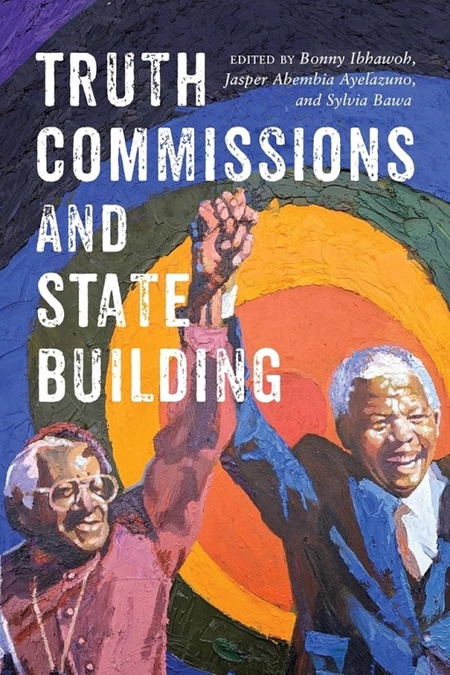Professor Gearoid Millar has published a chapter, entitled 'The Long-Term Legacies of Transitional Justice: Understanding the Paradox of Peace in Sierra Leone', in the collection, Truth Commissions and State Building.
Edited by Professor Bonny Ibhawoh (McMaster University), Dr Jasper Abembia Ayelazuno (University for Development Studies), and Dr Sylvia Bawa (York University), the volume, published by McGill-Queen's University Press, explores institutional innovation in African countries, where approximately a third of all commissions have been established.
In the article, Professor Millar reflects on the paradox of peace in Sierra Leone, while responding to Lyn Graybill's 2017 publication, Religion, Tradition, and Restorative Justice in Sierra Leone, in which she assesses the Truth Commission as a contributor to peace.
Graybill's work contrasts with Millar's earlier research, published between 2010 and 2015, which identified the Truth Commission as a negative influence on peace and reconciliation, as well as his later work (published between 2014 and 2018) which worried about rising inequalities and increasing conflict dynamics in the case at local and national levels.
These contradictions – peace maintaining in the face of poverty, inequality, and ever rising socioeconomic tensions – motivates a deeper discussion in the chapter regarding what theories and methodologies are most appropriate for exploring such dynamics.
The chapter concludes that more scholars must acknowledge and accept the ongoing turn towards complexity theory for understanding the long-term legacies of post-conflict interventions writ large and by promoting Ethnographic Peace Research (EPR) as one way to approach this challenge.
To read the full chapter, visit the edited volume, here.


